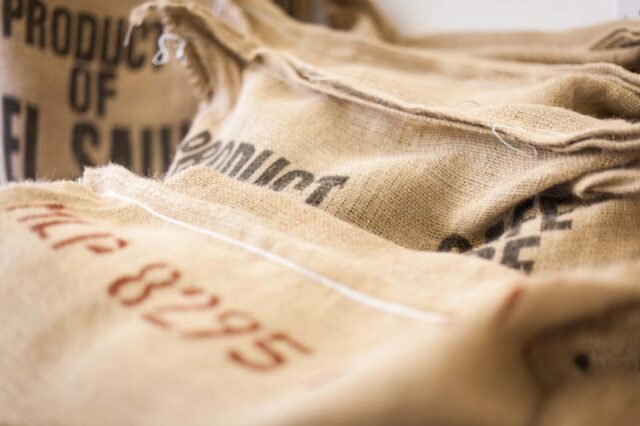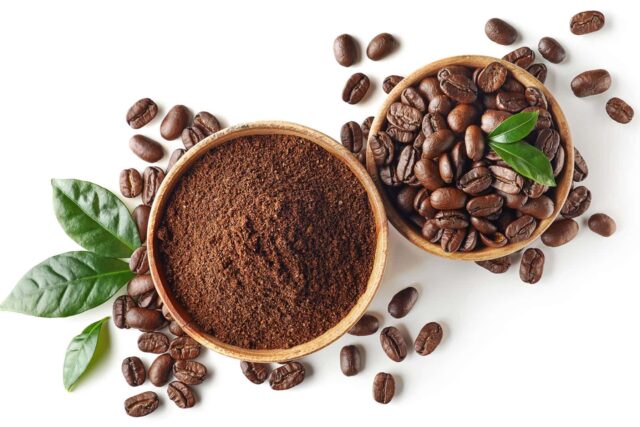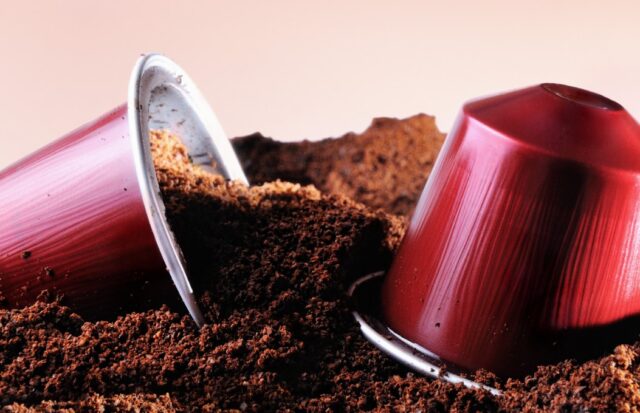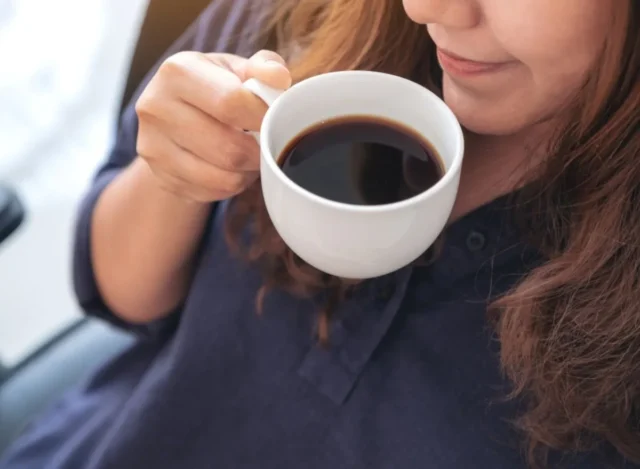
Coffee, a beloved beverage around the world, is more than just a morning ritual or an afternoon pick-me-up—it’s a sensory experience. The rich aroma, the bold flavor, and the ritual of brewing form an integral part of many people’s daily routines.
However, like all good things, coffee has its own lifespan. Understanding the shelf life of coffee and how to extend it ensures that every cup you brew is as satisfying as possible.
The Basics of Coffee Freshness
Your brew’s freshness is pivotal to its flavor. Freshly roasted coffee beans contain numerous volatile compounds that contribute to their aroma and taste. Over time, these compounds break down or evaporate, leading to stale brew.
Generally, grounded beans are best consumed within a few weeks of roasting. However, the shelf life can vary significantly based on the form of coffee, storage conditions, and even the type of bean as advised by people from Lux Cafe Club.
Whole Beans vs. Ground Coffee

The form in which you buy your coffee plays a crucial role in how long it retains its freshness. Whole beans have a longer shelf life compared to ground coffee.
When it is ground, it exposes more surface area to air, accelerating the loss of flavor and aroma compounds. Whole beans, with their reduced surface area exposure, keep their freshness longer.
Light vs. Dark Roasts
The roast level of beans also affects their shelf life. Light roasts tend to have more complex and volatile flavor compounds, which can deteriorate quicker than the simpler flavors found in dark roasts.
Thus, light roasts may have a shorter shelf life, requiring quicker consumption to enjoy their peak flavor profile.
Optimal Storage Conditions
Proper storage is key to prolonging the life of your coffee. It should be stored in a cool, dark place away from direct sunlight and moisture. Exposure to air is one of the biggest culprits in reducing coffee’s freshness.
Therefore, keeping your ground or beans in an airtight container is essential. Avoid storing it in the fridge or freezer, as the fluctuating temperatures and moisture can degrade the quality.
The Impact of Packaging

The way coffee is packaged can also influence its shelf life. Many high-quality coffees come in bags with a one-way valve that allows gases to escape without letting air in.
This type of packaging helps to maintain freshness for a longer period. Once opened, transferring the coffee to an airtight container is advisable.
Grinding Coffee
To maximize the flavor of your brew, grind it just before brewing. Pre-ground coffee loses its freshness much faster.
By grinding only what you need for each brewing session, you ensure that you’re getting the freshest, most flavorful coffee possible.
Knowing When Coffee is Past Its Prime
It’s not always easy to tell when coffee has lost its freshness, but there are a few indicators.
The aroma of the coffee will be less pronounced, and the flavor will become flat and less nuanced. If your coffee has a sour or unpleasant taste, it’s likely past its prime.
End note

In conclusion, the shelf life of coffee depends on various factors, including its form, roast level, and storage conditions.
By understanding these factors and implementing proper storage practices, you can enjoy fresh, flavorful coffee for as long as possible. Remember, coffee is more than a beverage, it’s an experience.













